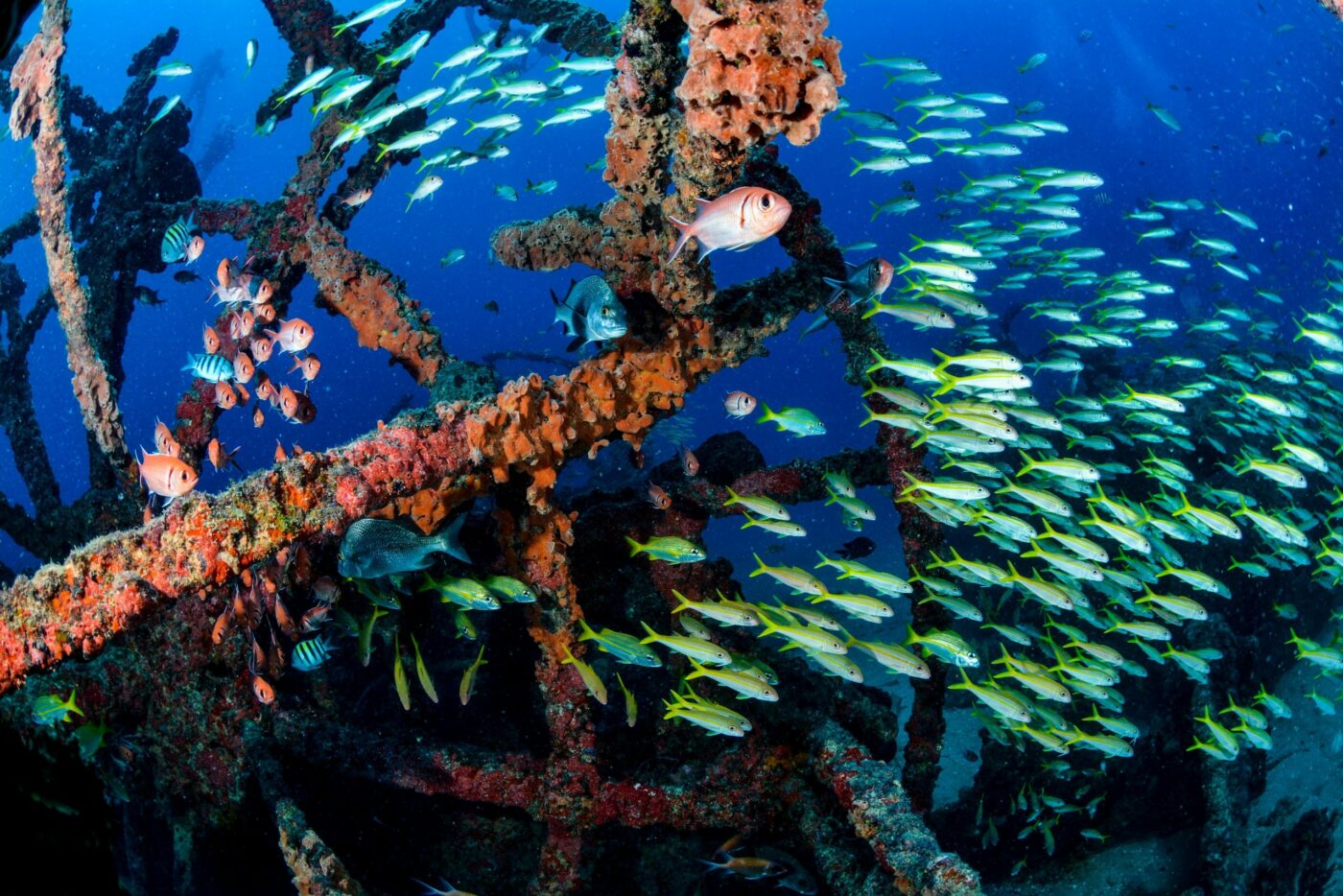Exploring Brazil’s Coral Reefs: Underwater Wonders and Conservation Challenges

Beneath the surface of Brazil’s azure waters lies a hidden treasure trove of biodiversity – the country’s vibrant coral reefs. These underwater ecosystems, teeming with life and color, are a crucial component of Brazil’s marine heritage. However, the delicate balance of these reefs faces unprecedented threats, calling for urgent conservation efforts to preserve these submerged wonders.
Diversity of Brazilian Coral Reefs:
Brazil is home to an extensive network of coral reefs, predominantly found along its northeastern coastline. These reefs, including the famed Fernando de Noronha archipelago, Abrolhos Bank, and Atol das Rocas, showcase the breathtaking diversity of marine life. Coral formations, ranging from branching to massive corals, provide habitat and sustenance for a myriad of fish, invertebrates, and other marine species.
Importance of Coral Reefs:
Coral reefs play a pivotal role in marine ecosystems and contribute significantly to the global biodiversity. They serve as nurseries for fish, provide protection against coastal erosion, and support the livelihoods of coastal communities through fisheries and tourism. Additionally, coral reefs are vital carbon sinks, helping mitigate the impacts of climate change by sequestering carbon dioxide from the atmosphere.
Threats to Brazilian Coral Reefs:
Despite their ecological importance, Brazilian coral reefs face a multitude of threats that compromise their health and resilience:
Climate Change:
- Rising sea temperatures and ocean acidification due to climate change contribute to coral bleaching, a phenomenon that weakens and can lead to the death of coral colonies.
Overfishing:
- Unsustainable fishing practices, including overfishing and the use of destructive methods like blast fishing, harm both coral reefs and the marine species they support.
Pollution:
- Runoff from coastal development, agricultural activities, and improper waste disposal introduce pollutants that degrade water quality and impact coral health.
Tourism Impact:
- Unregulated tourism, including irresponsible diving and snorkeling practices, can lead to physical damage to coral reefs and disturb sensitive marine ecosystems.
Conservation Efforts:
Brazilian authorities and conservation organizations are actively engaged in initiatives to safeguard the country’s coral reefs:
Marine Protected Areas:
- Establishing marine protected areas and conservation zones helps limit human activities in critical reef habitats, allowing these areas to recover and thrive.
Research and Monitoring:
- Ongoing scientific research and monitoring programs provide valuable data on coral reef health, aiding in the development of effective conservation strategies.
Community Engagement:
- Involving local communities in reef conservation efforts fosters a sense of stewardship and empowers residents to contribute to the protection of their marine environments.
Climate Resilience Strategies:
- Implementing measures to address climate change impacts, such as enhancing coral resilience through selective breeding and habitat restoration, contributes to the long-term survival of coral reefs.
Sustainable Fishing Practices:
- Encouraging and enforcing sustainable fishing practices, including the establishment of no-take zones, helps maintain the balance between human needs and the preservation of marine ecosystems.
Looking to the Future:
The future of Brazil’s coral reefs hinges on a collective commitment to conservation and sustainable practices. As awareness grows, and technological advancements aid in monitoring and protecting these underwater wonders, there is hope that Brazil’s coral reefs will continue to thrive for generations to come. Preserving these ecosystems is not only a local imperative but a global responsibility, recognizing the interconnectedness of the world’s oceans and the delicate balance of marine life.

